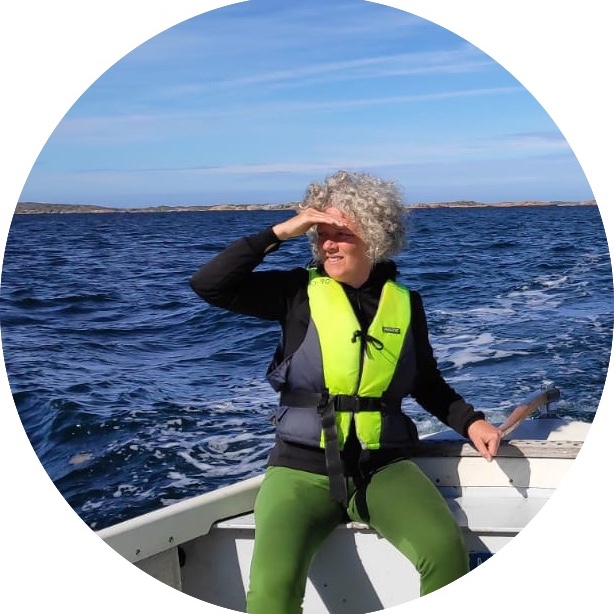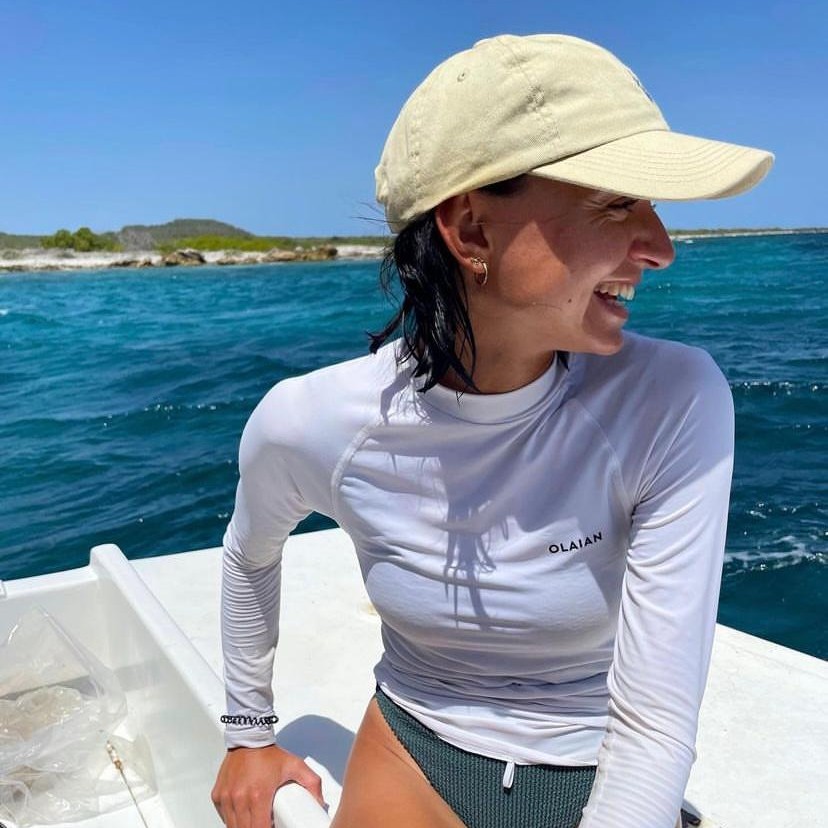About This Project
This project will contribute to the protection of endangered manta and devil ray species (collectively known as Mobulids) in Peru. Their decline is mainly caused by overfishing. However, the still developing communities of northern Peru depend on Mobulid meat and the income it generates. To prevent disadvantaging locals by simply restricting their catches, we will explore their socioeconomic and cultural dependence to incorporate those into a sustainable and ethical conservation plan.
Ask the Scientists
Join The DiscussionWhat is the context of this research?
While the intuitive solution might seem to stop manta and devil ray catches due to overfishing's detrimental effects, this approach has its complexities. In 2015, the Peruvian government officially banned the capture of the giant oceanic manta (Mobula birostris), recognizing its need for conservation. However, a recent study reveals that the ban hasn't effectively decreased the catches. The underlying reason? The economic struggles faced by local fishers.
Conservation efforts often falter due to a failure to involve local communities as active stakeholders. Through the documentation of socioeconomic and cultural needs of mobulid fishers we create the basis for a more inclusive and foremost more effective conservation approach.
What is the significance of this project?
Five of the ten known mobulid species are found in Peru, of which all are classified as vulnerable or endangered. Because of their long lifespan, late sexual maturity and long gestation period they are particularly vulnerable to overexploitation. Peru ranks 15th in global ray catches and 5th in global devil ray catches. In 2015, nearly 2000 mobulids were landed in Zorritos alone, of which more than 97% were immature spinetail devil rays (status: endangered). To effectively reduce these numbers we need in-depth research on how valuable these catches are to the community. Only then we can explore alternative livelihoods and compensation schemes that encourage compliance with fishing restrictions, which ultimately aim to protect mobulids sustainably.
What are the goals of the project?
In January 2024, our team will journey to Zorritos for a 1.5-month period to conduct approximately 40 interviews with the local fishing community. We will mainly delve into the socioeconomic and cultural drivers behind mobulid catches. This reveals the extent of disadvantage imposed on the community by a hypothetical mobulid fishing ban. Additionally, we aim to explore their receptiveness to various future conservation scenarios. This includes, for instance, the likelihood of fishers reducing mobulid catches if they are financially compensated in return for their release. It is our intention to publish the results and actively inform future decision makers to produce a sustainable and ethical conservation strategy.
Budget
Our budget primarily covers travel expenses, essential for assembling a dedicated team of researchers, translators, and local experts in Zorritos, Peru. Establishing strong connections within the local community is paramount to the project's success. Thanks to our local supervisor, Stefany Rojas (details below), we've established collaboration with a trusted local guide who has deep-rooted relationships with Zorritos' fishers.
A proficient translator plays a pivotal role. Firstly, they ensure the collected data maintains scientific rigor, enabling robust analysis and conclusive research outcomes. Secondly, they facilitate seamless communication, fostering a comfortable and productive interview environment. We plan to provide this opportunity to a local Peruvian student, allowing them to gain valuable experience in our field while contributing to our research goals.
Endorsed by
 Project Timeline
Project Timeline
We are currently finalizing preparations regarding methodology and statistical analysis and will soon be able to continue with logistical organisation of the project (booking of accommodations, flights etc.).
The fieldwork period in Zorritos will be from late January until the beginning of March during which we will conduct 40 interviews with local fishers.
After arriving back in Groningen, we will analyse the data and communicate and publish the results.
Sep 01, 2023
Start Methodological Preparations
Oct 26, 2023
Project Launched
Nov 01, 2023
Start Logistical Preparations
Jan 21, 2024
Travel to Zorritos
Jan 23, 2024
Start Interviews / Data Collection
Meet the Team
Team Bio
My local supervisor Stefany Rojas is the leader of the Peru Mobulid Project. Her expertise is inevitable. She accomplished milestones for mobulid conservation in Peru for years. Not least through working closely with the fishing community through outreach events and workshops. Stefany's connections enable us to run this project smoothly and in the most efficient way.
My academic supervisor is Dr. Karin de Boer, who supports me scientifically and personally.
Lisa Hübner
After completing my Bachelor's in Zoology in Liverpool, UK, I felt a strong desire to deepen my knowledge in marine biology. Since September 2021, I have been pursuing a research master's degree in marine biology at the University of Groningen, Netherlands.
My previous research project took me to Curaçao, where I encountered a similar conservation challenge to the one in Peru: the dwindling populations of sharks and rays around the island. Collaborating closely with local fishers, we harnessed their invaluable knowledge to reconstruct the historical and current species richness of sharks. Our findings revealed a significant decline since 1960.
Beyond their knowledge, what struck me the most was the willingness of local fishers to share their struggles, perspectives and suggestions to current management practices. We initiated dialogues with government officials and hope to foster a stronger connection and more trust between community, researchers and managers in the future. This work is still ongoing and in the process of being published.
The skills I honed during my previous project have equipped me immensely for my upcoming work in Peru. Generating data that goes beyond the usual realm of a biological researcher will support my academic ambition in pursuing a career in interdisciplinary conservation research. My passion to bridge gaps between community and decision makers motivates me to ensure our project's output will have a positive impact for the scientific community, policy makers and locals - both human and non-human.
Project Backers
- 39Backers
- 101%Funded
- $2,700Total Donations
- $69.23Average Donation


